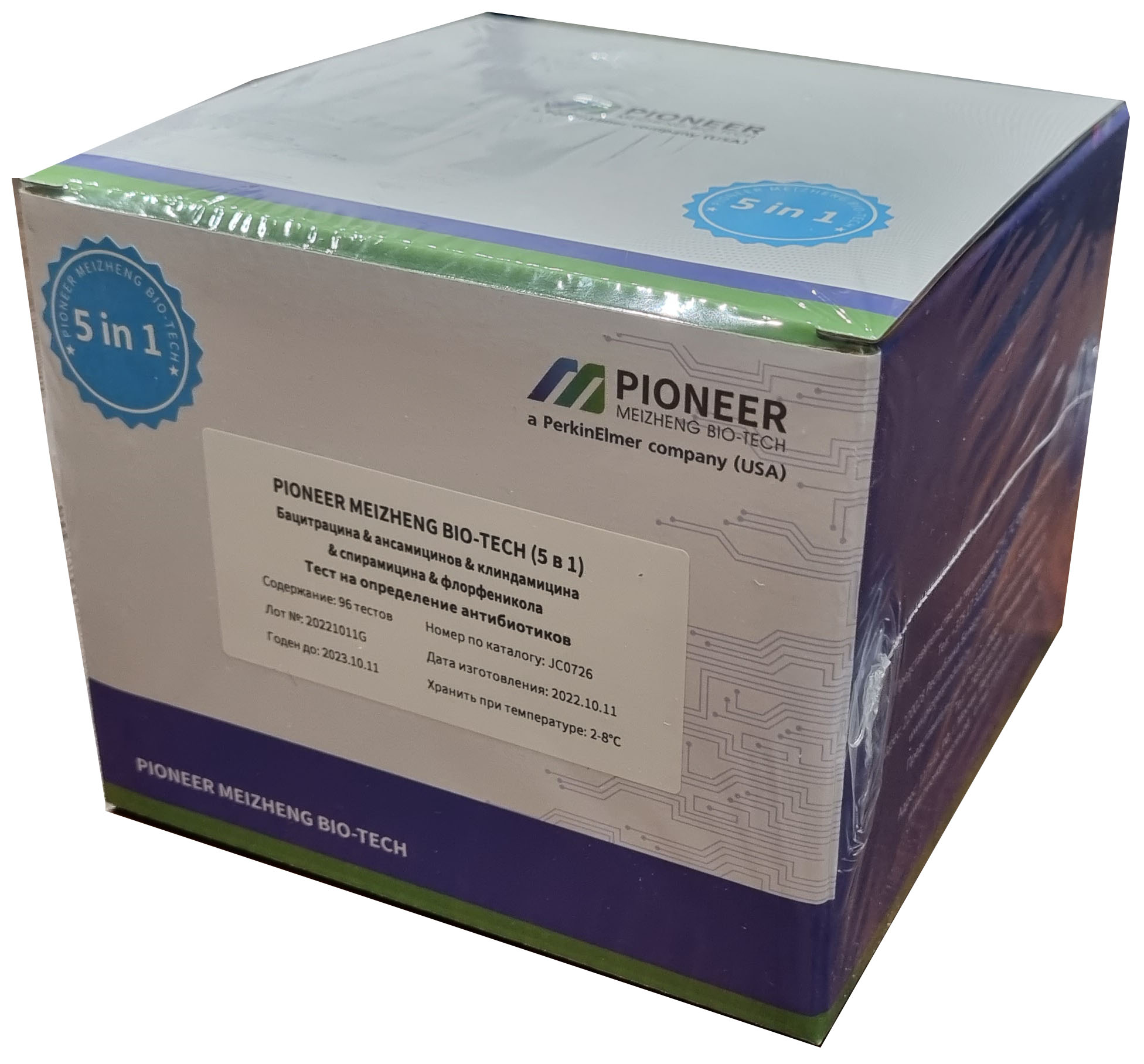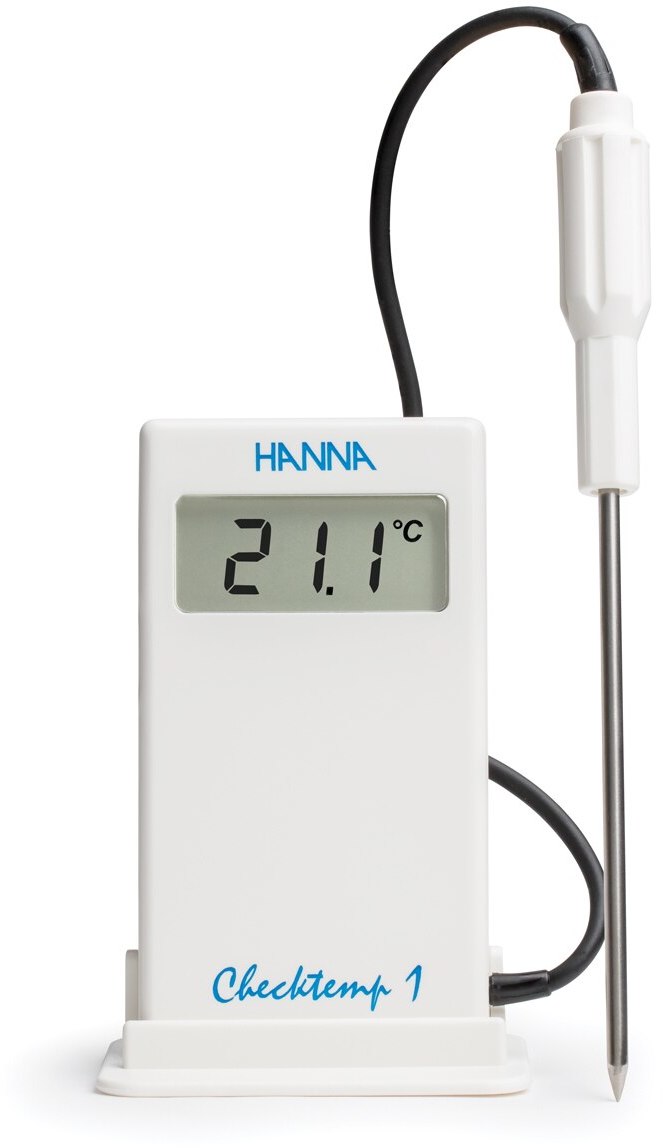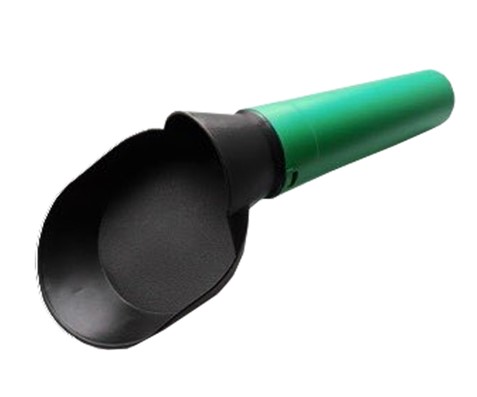Britain announced plans to revoke the status of "recognized exchange" from the Moscow Exchange
The British Revenue and Customs Administration (HMRC) intends to withdraw the status of the Moscow Exchange as a recognized stock exchange, according to the website of the UK government.
As explained in London, in practice this will lead to the fact that investors will have limited access to certain British tax benefits when trading securities on the Moscow Exchange, in particular, exemption from tax on interest income on Eurobonds. The restriction applies only to new investments. “The revocation of the status of a recognized exchange from the Moscow Exchange serves as a signal: there should be no new investments in Russia,” said Lucy Fraser, Financial Secretary of the Ministry of Finance. The Moscow Exchange later confirmed that the status allows British residents to receive tax preferences. “The status of a recognized stock exchange allows UK residents to receive tax preferences on certain asset classes. If this status is revoked, these tax preferences will not apply to new investments.
The measure is connected with the decision of the Bank of Russia, explained in the UK tax office. On February 28, the regulator temporarily prohibited brokers from selling securities on behalf of non-residents. HMRC has begun a two-week consultation. If the ban imposed by the Moscow Exchange on non-resident investors remains in force, the status of the Moscow Exchange will be revoked.
The Central Bank allowed the Moscow Exchange transactions with non-residents from "unfriendly" countries
In mid-March, FORBES, citing sources, wrote that the Central Bank was discussing the possibility of dividing the Russian stock market into two: for residents inside Russia and for non-residents outside its borders. According to one of the sources, this will be done using "type C" accounts, which will be credited with securities of non-residents, which will be considered all foreign "daughters" of Russian brokers.
Trading in shares on the Moscow Exchange has been suspended since February 28, 2022. On March 21, the Bank of Russia resumed trading in federal loan bonds in the stock section of the Moscow Exchange. At the same time, on March 22, the Moscow Exchange banned the opening of short positions in the most liquid securities. We are talking about the shares of Aeroflot, LUKOIL, ALROSA, Severstal, Gazprom, NOVATEK, Sberbank, Norilsk Nickel, Rosneft, Surgutneftegaz, and others. On March 24, the Bank of Russia decided to resume trading in securities of some Russian companies, including Aeroflot, Gazprom, Norilsk Nickel, LUKOIL, Sberbank. At the same time, there is a ban on short sales for the shares of these companies.




























































